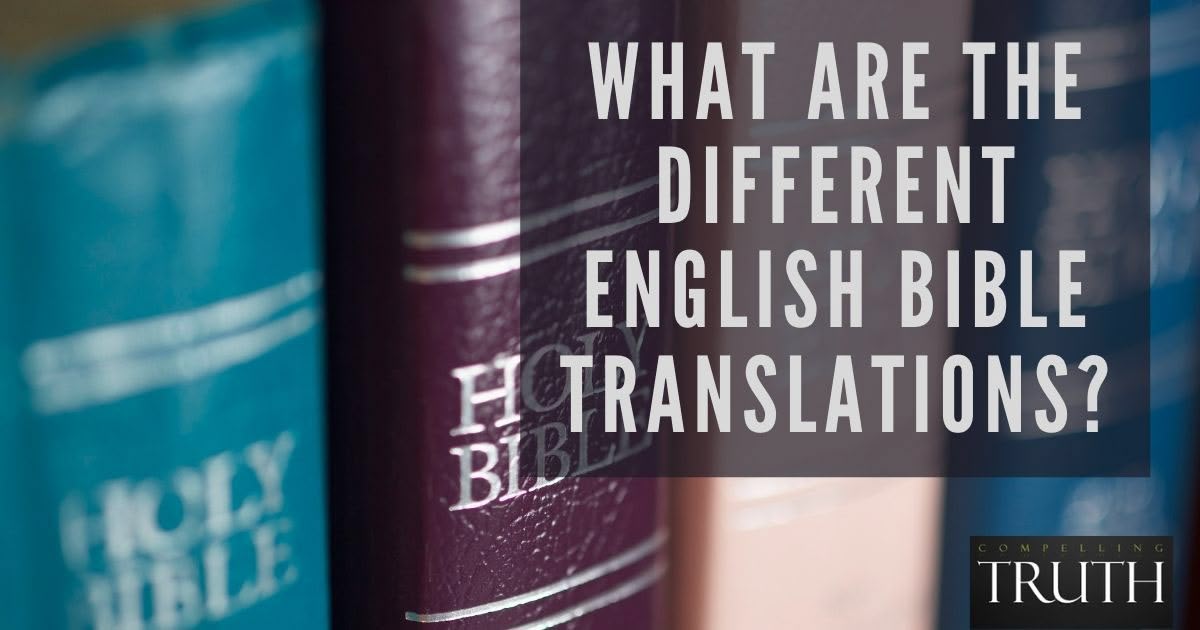what does the bible say?
God's Word does not change, but word usage and languages do, so, updated and revised translations of the Bible are needed. The Bible was first translated into English in the late 1300s by John Wycliffe. The King James Version was finished in 1611, and then revised several times between 1611 and 1769. The explosion of English Bible translations did not occur until the middle of the 1900s. Advances in archaeology and historical research have also clarified ancient customs and practices, allowing for more accurate renderings of biblical passages.
While the original writings in Hebrew and Greek are inerrant, infallible and God-breathed (2 Timothy 3:16), we can trust that the Holy Spirit also guides faithful Bible translators. The Bible, even when it is translated, is still God's Word. Although serious study should include the comparison of several different Bible translations, ultimately it is the Holy Spirit who reveals to our spirits the meaning of the Word of God (1 Corinthians 2:12-14).




